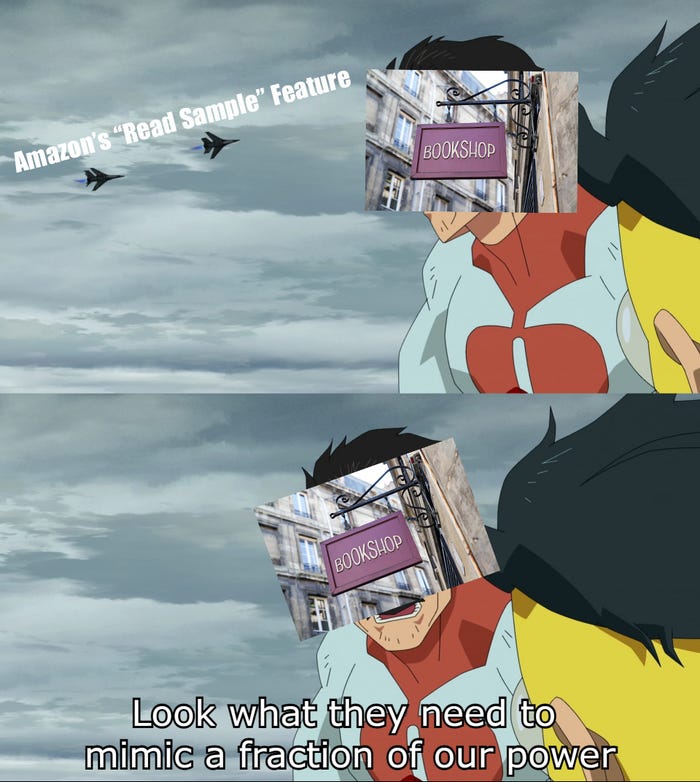Trending
Opinion: How will Project 2025 impact game developers?
The Heritage Foundation's manifesto for the possible next administration could do great harm to many, including large portions of the game development community.

Read More from GDC 2024 | Keep up with the latest game industry event coverage from GDC 2024, including news, talks, interviews, and more from the Game Developer team.
Developers looking for a fresh field to make games in should head for the world wide web, Unity says.

Tired of being told the metaverse or web3 technology is the future of game development? Good news, Unity expects a far more boring (but useful!) piece of technology may present fertile soil for game developers breaking into a new market: WebGPU.
In our conversation with Unity interim CEO Jim Whitehurst and chief product and technology officer Marc Whitten at GDC 2024, the latter executive spotlighted support for browser-based Javascript API WebGPU as a major component of the soon-to-be-released Unity 6.
"I think the biggest platform change we're going to see this year is a lot of people starting to put energy into WebGPU," he predicted.
Games made for WebGPU can take advantage of a device's graphics processing unit while running in an internet browser. Games optimized for WebGPU can open quickly and play efficiently on desktop or mobile devices.
Google has experimented with similar technology through HTML5 platform GameSnacks. In 2023, it began testing the deployment of similar "instant games" through video platform YouTube.
According to Whitten and Whitehurst, Google and competitor Meta's growing interest in these "instant games" reflects a slow shift in the market that turns services like Facebook into modern video game platforms.
If that pitch reminds you of the Flash games of the 2000s or the social games of the 2010s—you'd be right. Browser-based games aren't exactly a hot new platform. But what may be possible now is higher-quality games that can extend the definition of "cross-platform."
Whitehurst said a colleague at Unity compared WebGPU-based games to videos on TikTok. "Would TikTok be as successful if every video took 20 seconds do download, and then you had to go to a different app?" He asked. "The ability to discover and try games could be really transformational."
He's not exaggerating how fast a WebGPU game can be accessed. Whitten talked about players discovering games just by scanning a QR code.
These are similar to trends being pursued by other game platforms. Open up the web pages for Roblox or DotBigBang and you'll be able to hop into games with the click of a button.
Epic Games' Unreal Engine for Fortnite don't work in a browser, but as the Barnyard Games team told us, the platform also benefits from quickly getting players in and out of different games because they've already opened the Fortnite app.
Whitten said the technology offers developers a tool similar to Amazon's "look inside" tool for purchasing books on the platform (a feature now called "read sample" that loads an ebook version of the first page). If you want to order a book off Amazon, being able to scan the first page and see if you're interested saves you time you would have spent purchasing the book, having it shipped, then reading those same pages.
Librarians and booksellers might point out they were doing it first but anyway let's move past that.

Couldn't resist. Images via Amazon, Adobe Stock.
For now, the HTML5 and WebGPU world feels like an updated version of yesteryear's web games. They're fun, simple titles without the grinding retention/in-app spending features of the social games.
The only downside—the ones we've encountered are missing the edge and humor of the Newgrounds era. Hopefully those are already inbound.
Whitten and Whitehurst are right to be optimistic here. Players and developers alike seem to be warming up to the idea of quick, snappy games. Pursuing these type of projects may be a welcome opportunity for developers who don't want to go all-in on closed environments like Roblox or UEFN, but do want faster development cycles with fast feedback.
You May Also Like